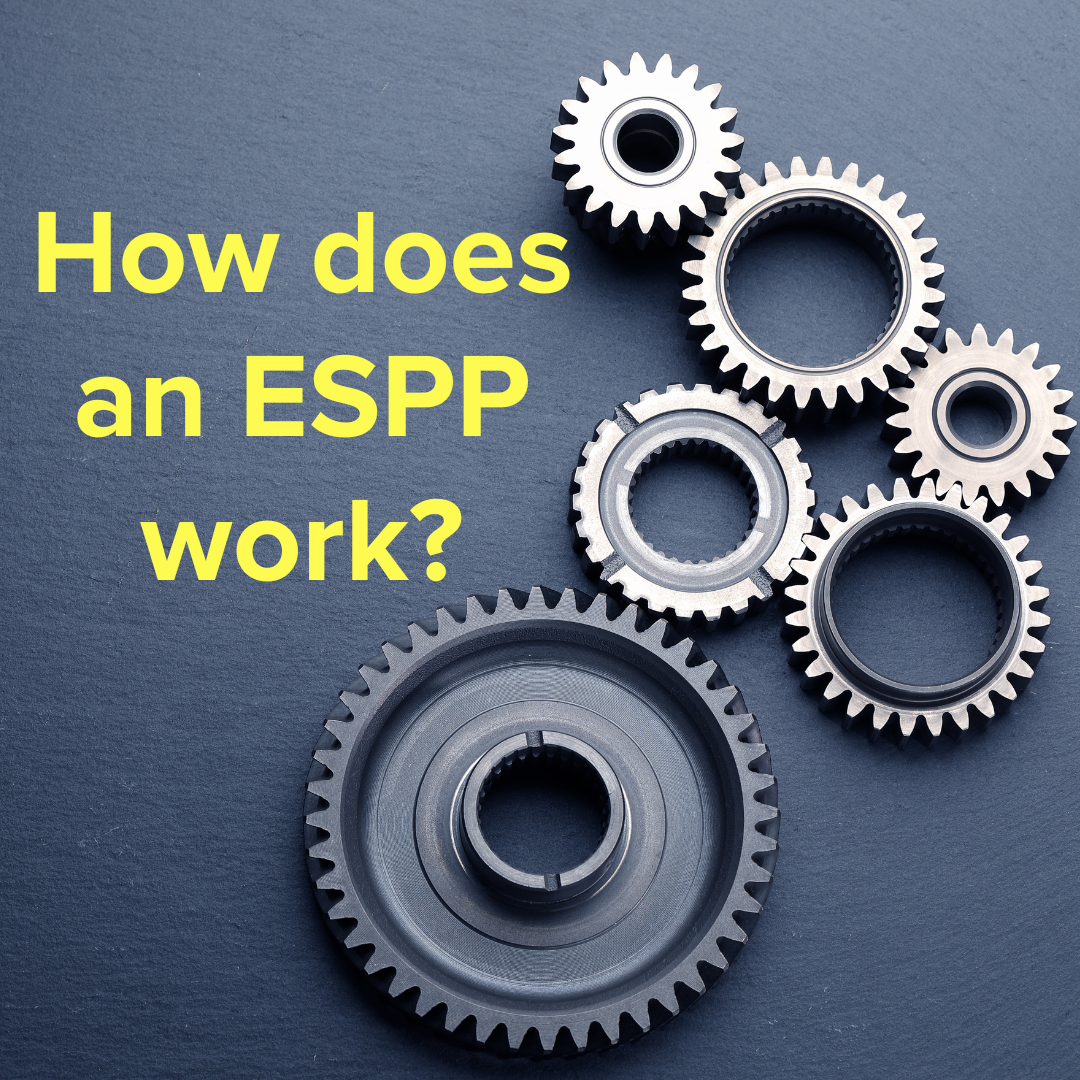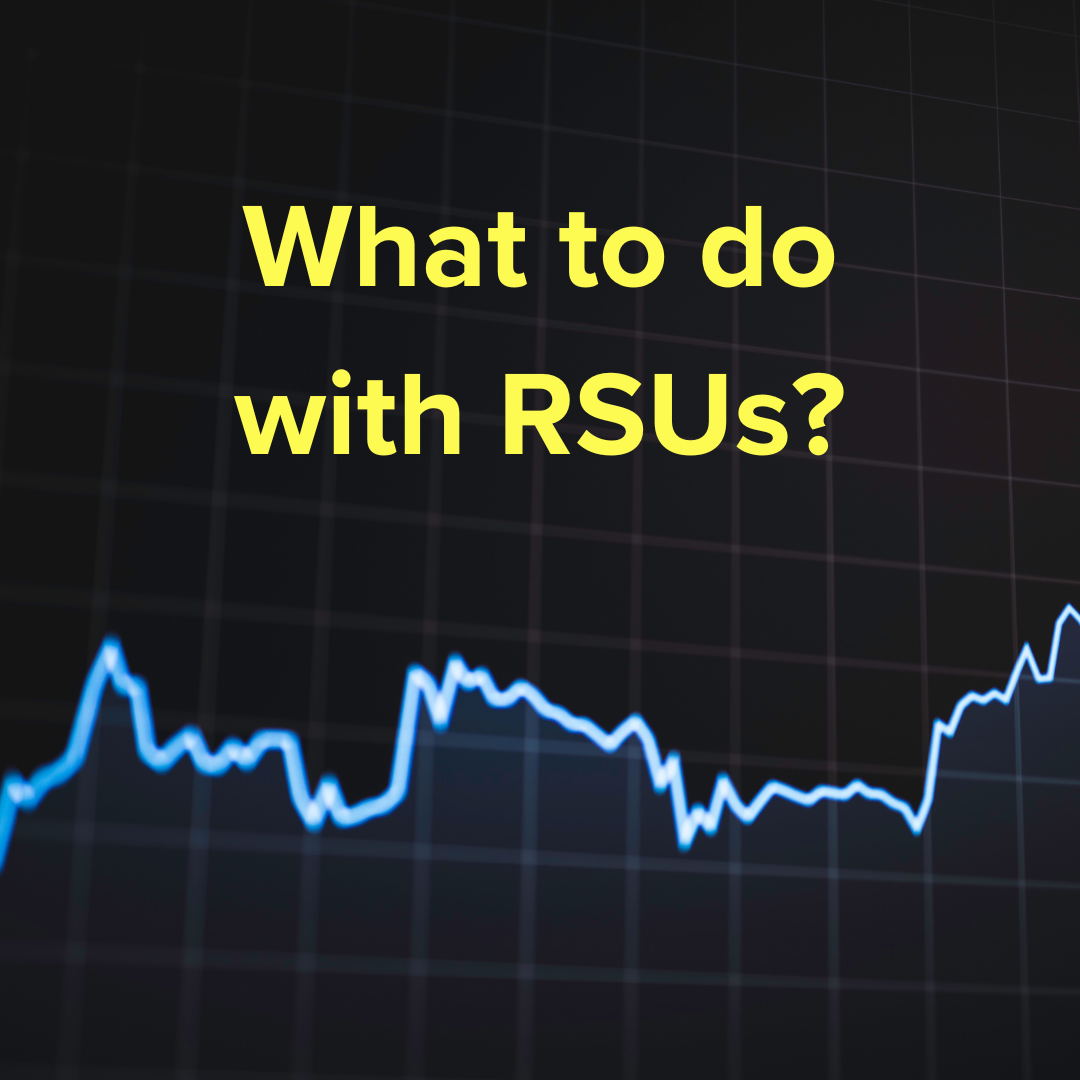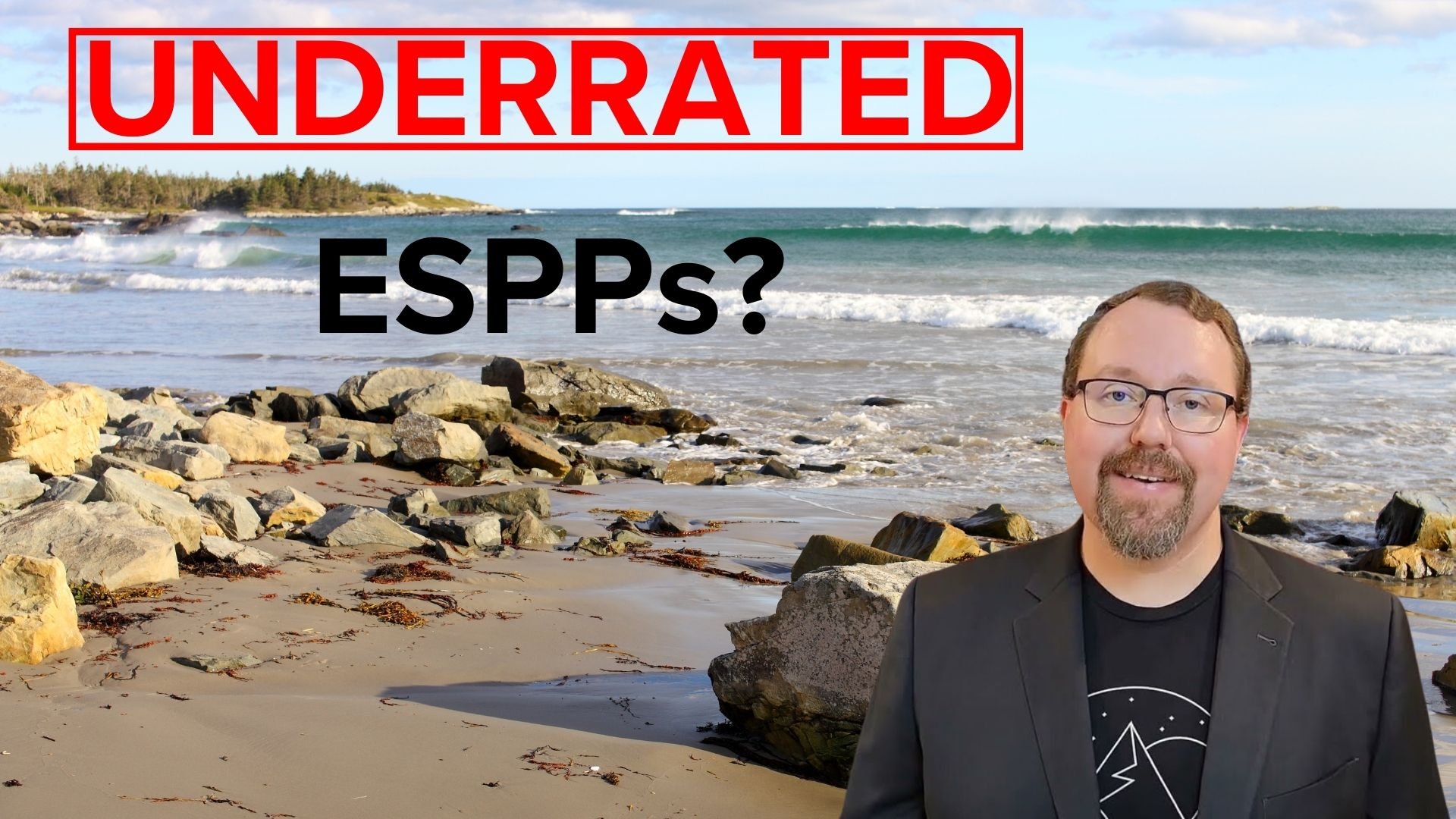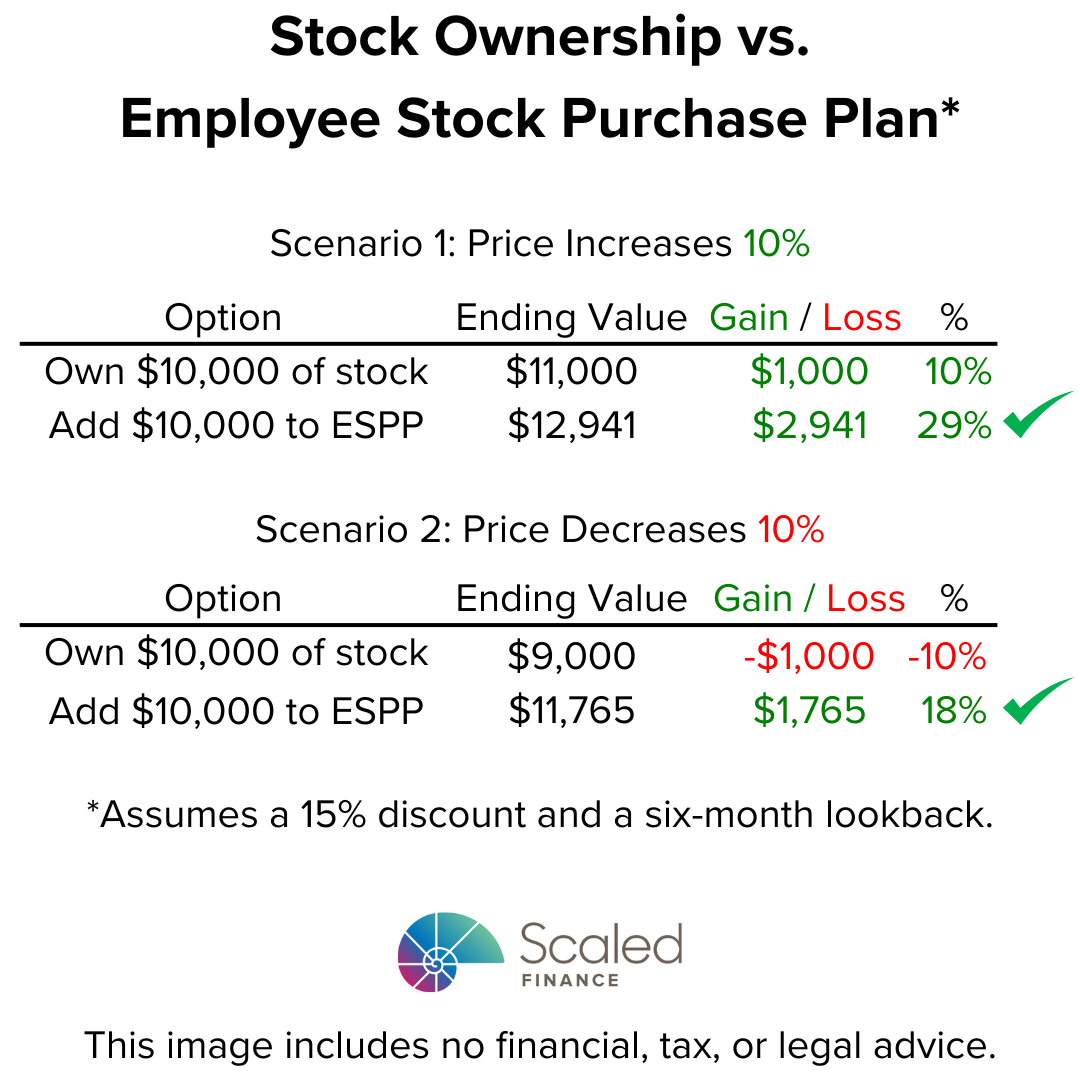
How Does an ESPP Work?
How does an Employee Stock Purchase Plan work?

What to Do with RSUs?
What to do with Restricted Stock Units? There are at least fifteen (15) things to do besides hold onto the shares.

Frequent Restricted Stock Unit Vests May Be Win-Win-Win
How often Restricted Stock Units vest varies wildly from company to company. Shortening the time between vests may benefit companies, employees, and shareholders. However, employees stand to gain the most.

Are Employee Stock Purchase Plans Underrated?
An Employee Stock Purchase Plan (ESPP) is a way to leverage employer stock with less risk.
Many plans include both a discount a lookback. The lookback feature takes the lower of the price at the beginning and end of the offering period.
Some important considerations with Employee Stock Purchase Plans (ESPP) include:
• They don't all work the same.
• Participating in a plan isn't for everyone.
• It's critical to use Form 3922 to avoid double taxation on the contributions.

Is It Worth Holding Employer Stock?
One thing that often comes up in client conversations is whether to hold employer stock.
It's understandable to want to keep company shares!
Holding employer stock might not be ideal because:
• an employee has a lot riding on the company,
• one stock has greater risk than the overall market, and
• employees are often already rewarded for company stock performance.

How Are Restricted Stock Units Taxed?
The taxation of Restricted Stock Units (RSUs) is often misunderstood.
This article walks through an RSU example from grant to vest and finally to sale.
It explores the tax withholding at vest as well as the difference between short-term and long-term capital gains.

Own Stock or Contribute to ESPP?
Is it better to own stock or contribute to an Employee Stock Purchase Plan better?
Contributing to an Employee Stock Purchase Plan may be preferable.
Let’s compare a couple scenarios either:
owning $10,000 of stock or
contributing $10,000 to an Employee Stock Purchase Plan with a 15% discount and six month lookback
Scenario 1: a price increase of 10% could result in:
Ending value of $12,941 with the ESPP versus $11,000 if holding stock
Gain of $2,941 with the ESPP versus $1,000 if holding the stock
Return of +29% with the ESPP versus +10% if holding stock
Scenario 2: a price decrease of 10% could result in:
Ending value of $11,765 with the ESPP versus $9,000 if holding the stock
Gain of $1.765 with the ESPP versus loss of $1,000 if holding stock
Return of +18% with the ESPP versus -10% if holding stock

